How plants learned to save water
02/21/2019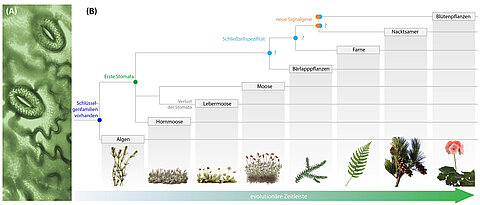
Plants that can manage with less water could make agriculture more sustainable. This is why a research team at the University of Würzburg is investigating how plants control their water balance.
more


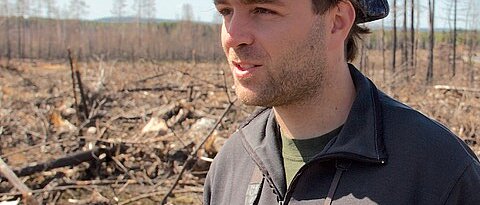
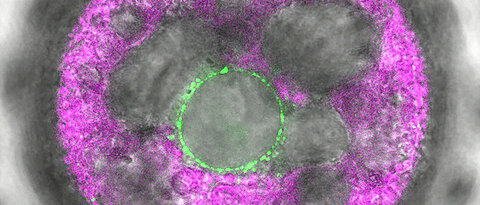
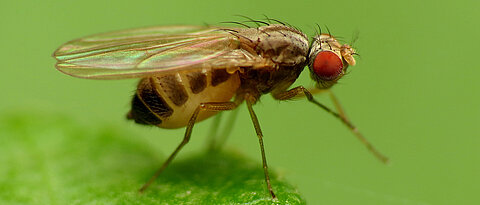
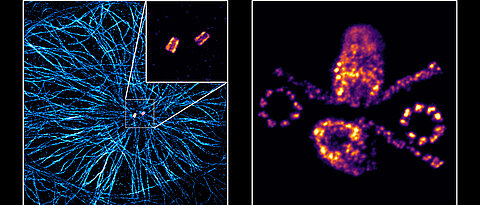
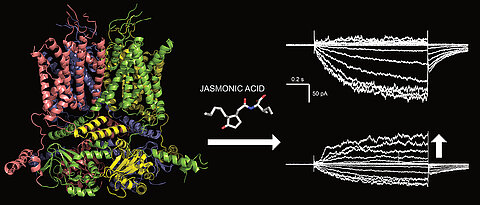
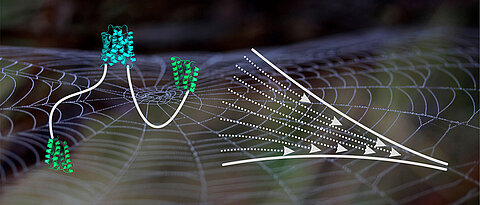
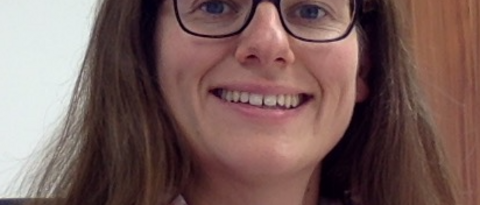
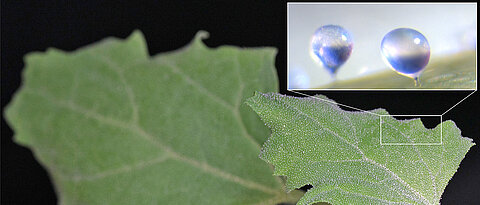
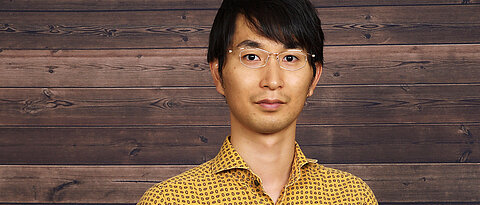

![[Translate to Englisch:] Logo Biozentrum der Universität Würzburg [Translate to Englisch:] Logo Biozentrum der Universität Würzburg](/fileadmin/_processed_/4/c/csm_logo-biocenter-480-205_8920736dd4.png)



